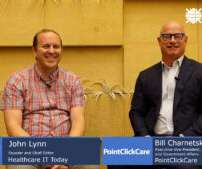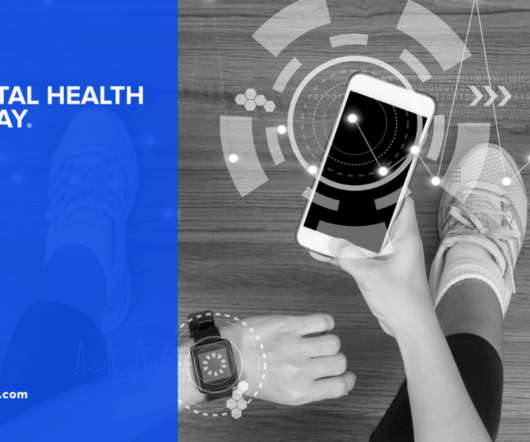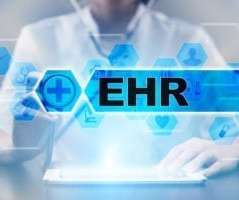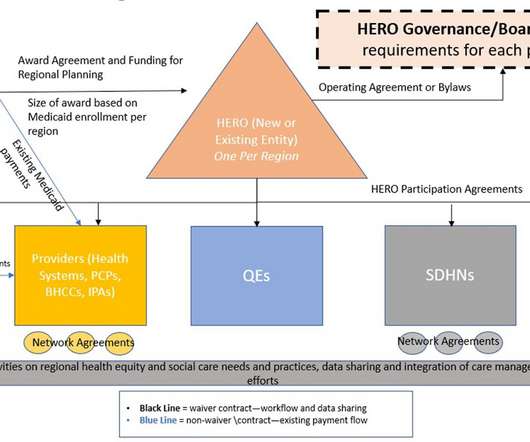Regulators Need to Pay More Attention to Long-term and Nursing Care
Healthcare IT Today
NOVEMBER 16, 2022
But these facilities are afterthoughts in our health care system, and were excluded in particular from the huge digitization of health care triggered in the United States by the 2009 HITECH act and 2010 Affordable Care Act. Monitoring could also reduce readmissions and other costs.























Let's personalize your content